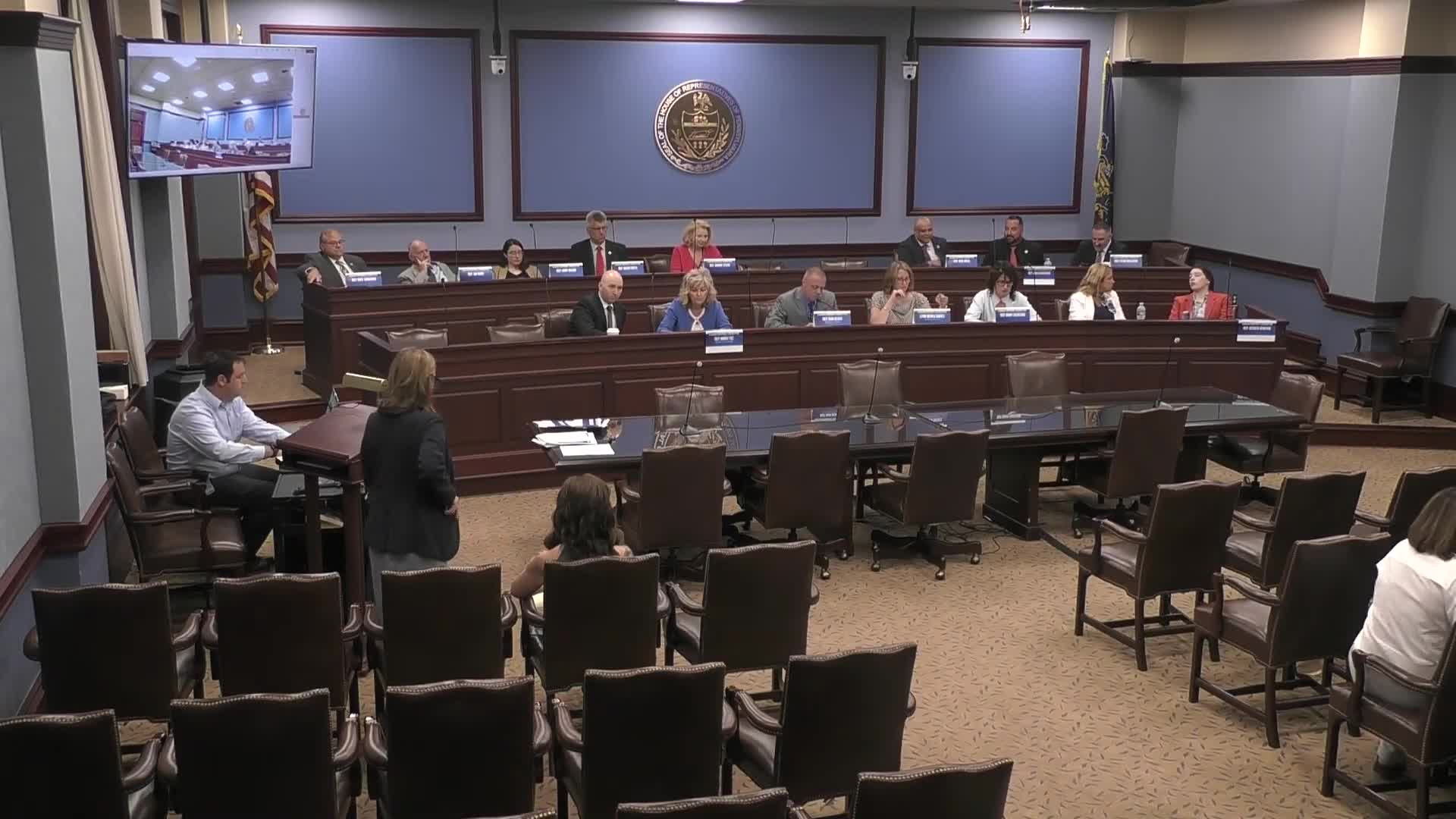
This article was created by AI using a video recording of the meeting. It summarizes the key points discussed, but for full details and context, please refer to the video of the full meeting. Link to Full Meeting
The first major topic was House Bill 828, which proposes amendments to the liquor code allowing the Pennsylvania Liquor Control Board (PLCB) to conduct an annual excess auction. This auction would enable the board to sell licenses that did not receive bids in previous auctions. The bill stipulates that only one license can be awarded per county during these auctions, and licenses can be transferred to different counties after a five-year period, subject to a $25,000 application fee. Notably, the timeframe for payment of winning bids would be extended from two weeks to six months, providing bidders with more flexibility.
An amendment to this bill was also discussed, which corrected a typo and adjusted the payment timeline to 30 days instead of six months. The amendment also limited the number of licenses that could be transferred into the same county to two, while maintaining the minimum bid at $25,000 for certain classes of licenses. The committee unanimously approved the amended bill, reflecting a consensus on the need to balance the distribution of liquor licenses across counties.
The second bill, House Bill 1702, introduced by Representative Gogener, seeks to allow the storage and use of ready-to-draft premixed keg cocktails by licensed establishments. This legislation aims to modernize the way cocktails are served, enabling businesses to store premixed beverages for longer than the current 24-hour limit. The bill defines these keg cocktails and emphasizes their potential benefits, including improved sanitation and consistency in drink preparation. With 36 other states already permitting such practices, the bill aims to keep Pennsylvania competitive and responsive to industry trends.
Both bills highlight a significant shift in Pennsylvania's approach to liquor control, aiming to enhance business opportunities while ensuring public safety. The committee's discussions reflect a growing recognition of the need to adapt to changing consumer preferences and industry innovations. As these bills move forward, they could pave the way for a more dynamic and accessible liquor market in the state.
Converted from Liquor Control Committee -- July 9, 2025 meeting on July 10, 2025
Link to Full Meeting
Comments
View full meeting
This article is based on a recent meeting—watch the full video and explore the complete transcript for deeper insights into the discussion.
View full meeting